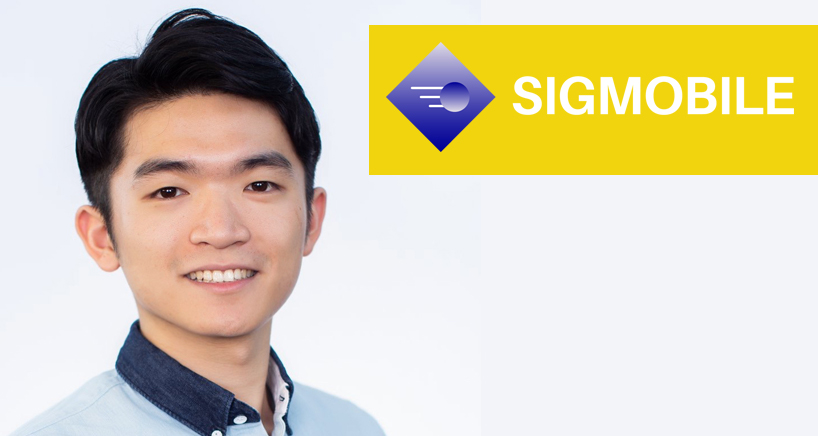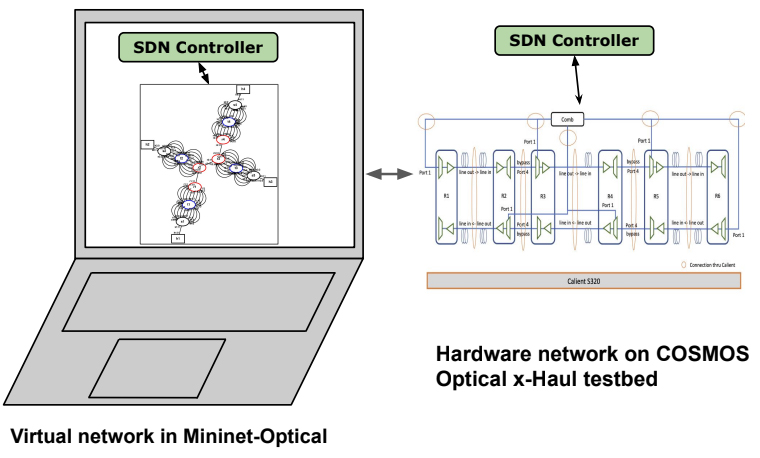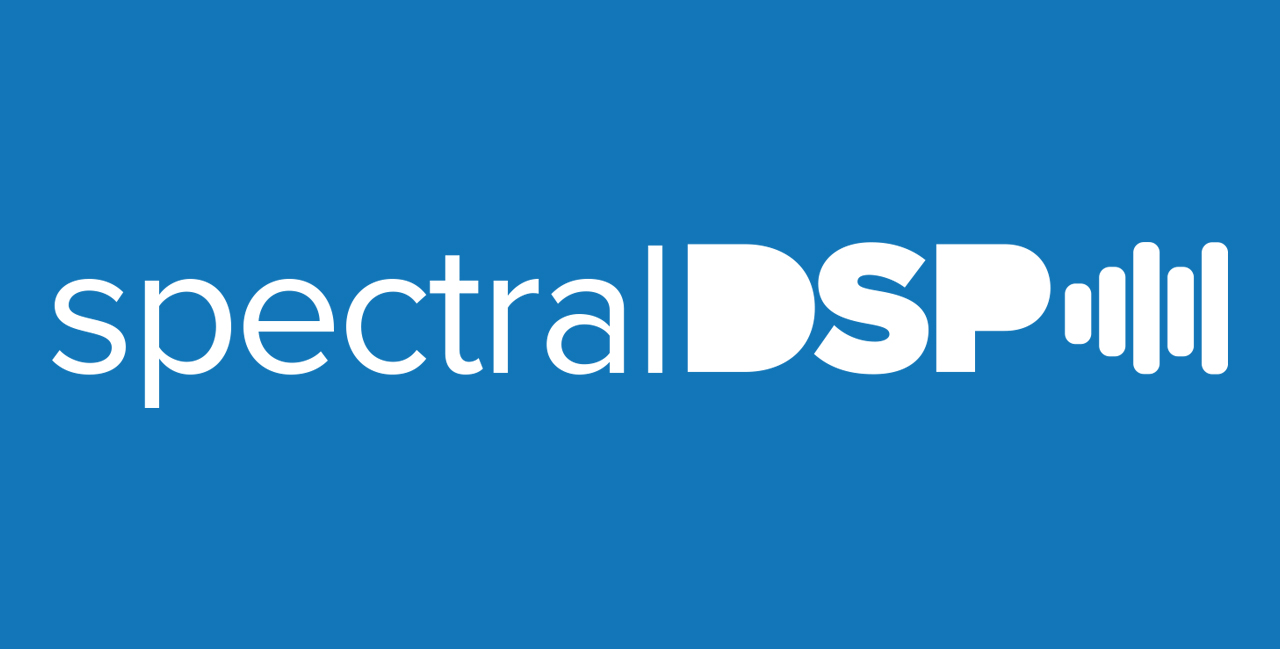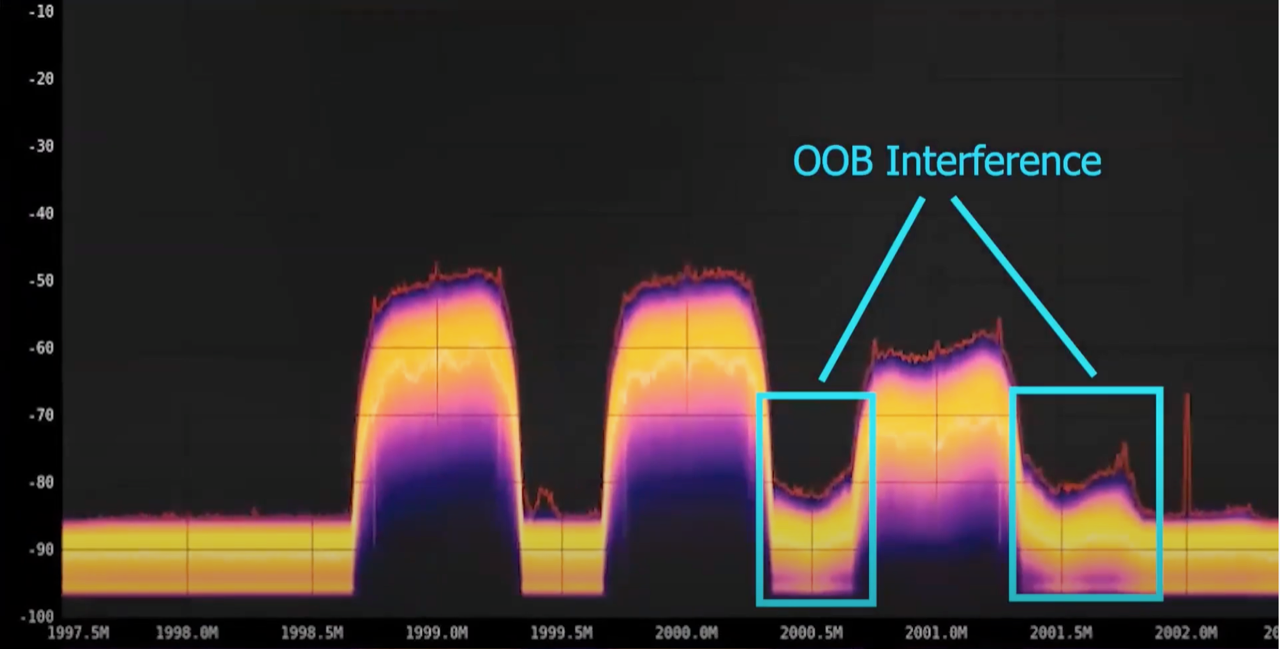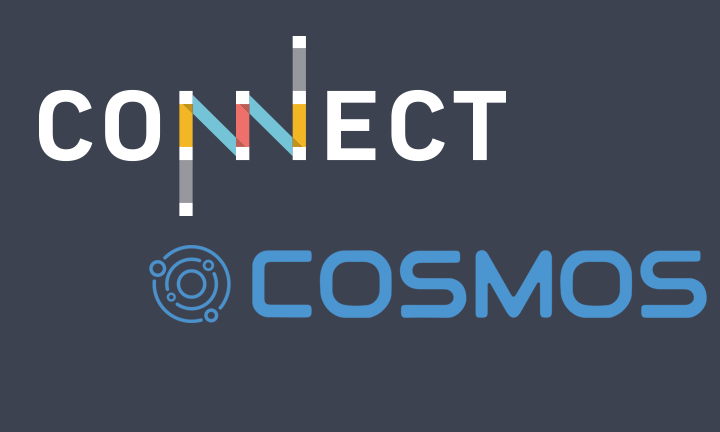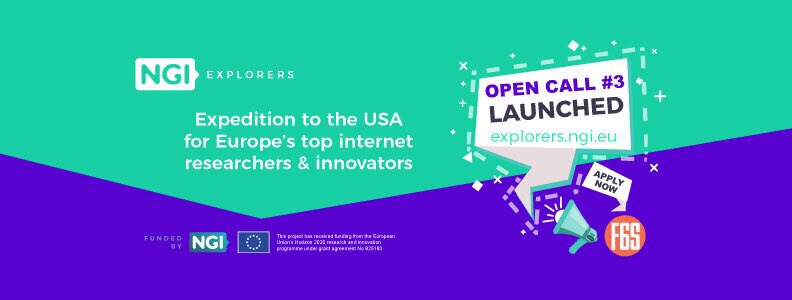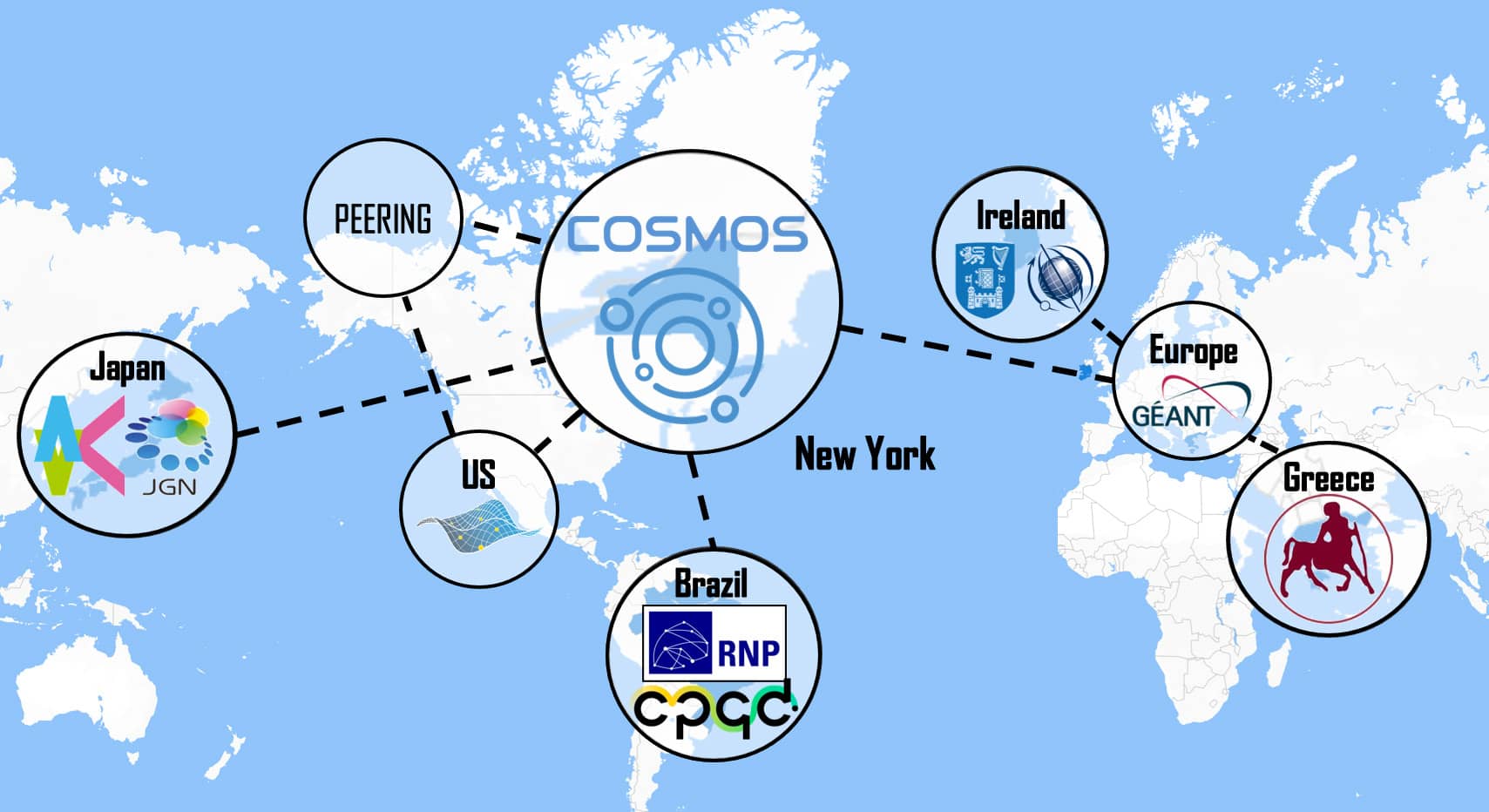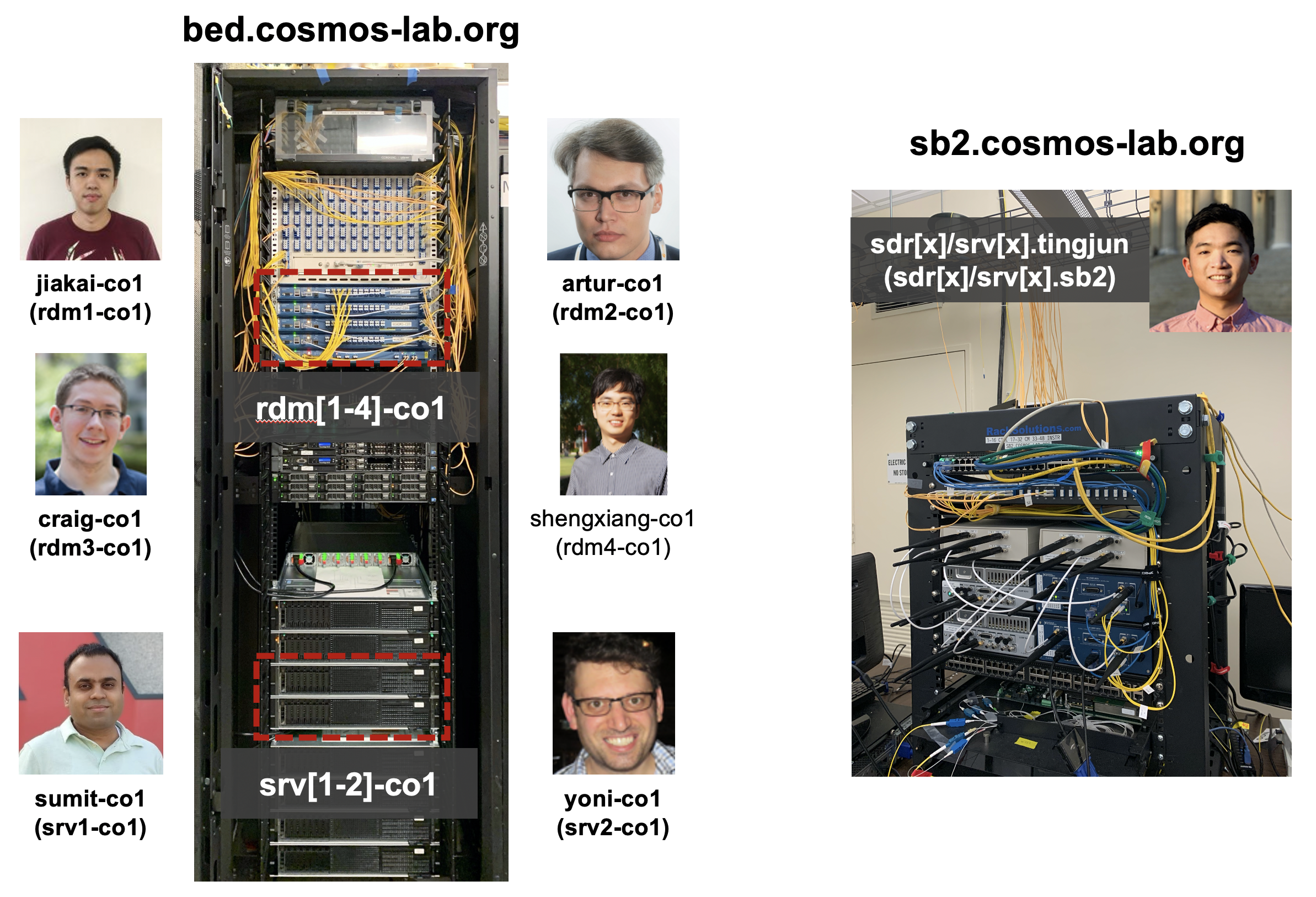A paper about Automated Video-based Social Distancing Analyzer will appear in HotEdgeVideo’21
At the 3rd Workshop on Hot Topics in Video Analytics and Intelligent Edges (HotEdgeVideo’21), Columbia PhD student Mahshid Ghasemi will present the paper Auto-SDA: Automated Video-based Social Distancing Analyzer [1]. To assess…



